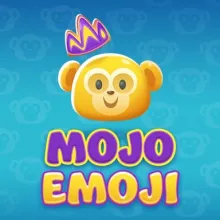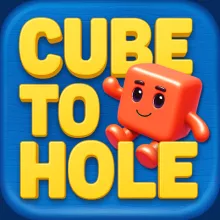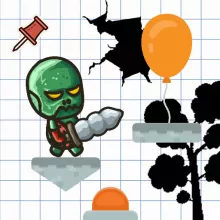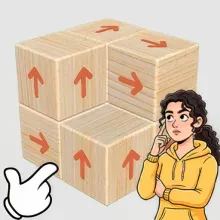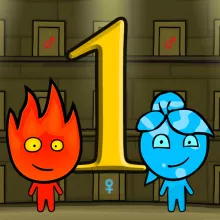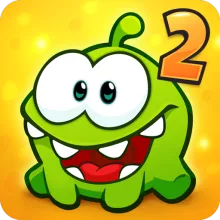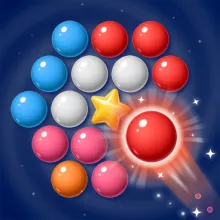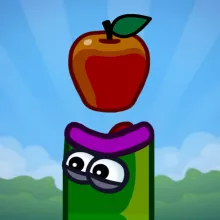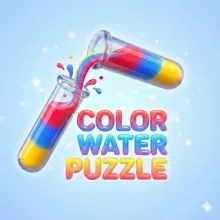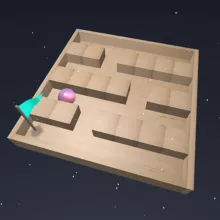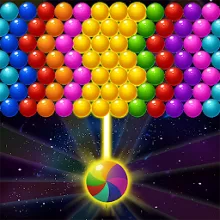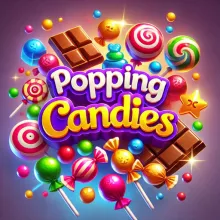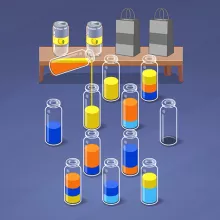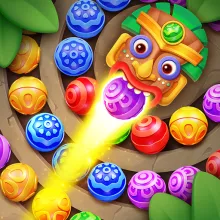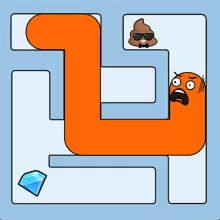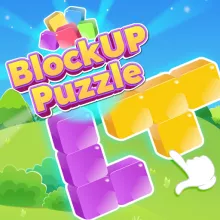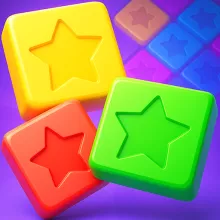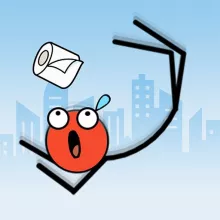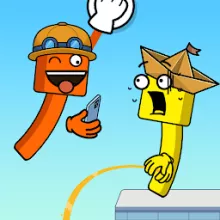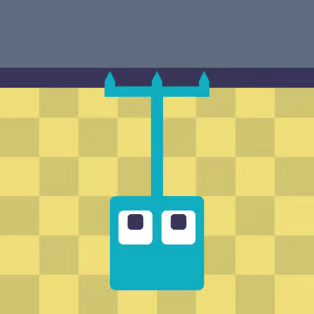Puzzle Games
Puzzle games are designed to challenge a player’s problem-solving skills, logic, and spatial reasoning. Puzzle games help learners develop patience and the ability to approach problems from different angles, contributing to overall skill development and self-confidence.
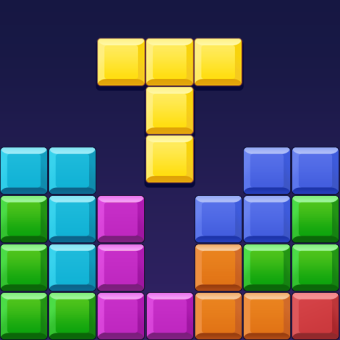
Skill Development Through Games and Puzzles
Both games and puzzles play important but distinct roles in skill development. Games commonly promote teamwork, motivation, strategic thinking, communication, and resilience by embedding challenges within competitive or cooperative frameworks. Puzzles, typically more solitary, focus on enhancing concentration, problem-solving, logic, pattern recognition, and memory. Both support cognitive development and can be tailored for educational use to align with learning objectives. Game-based learning fosters a growth mindset by encouraging repeated practice and experimenting with new strategies, while puzzles advance spatial and perceptual skills crucial for academic tasks and everyday reasoning.
Shared Family Time and Relationship Strengthening:
Board games, video games, and puzzles provide natural settings for families to spend quality time together, fostering strong parent-child relationships and a sense of togetherness. These shared activities encourage open communication and bonding through cooperation, turn-taking, and mutual challenges.
FAQ
Do puzzle games require external knowledge or hints?
Typically, puzzle games are self-contained, meaning all clues needed to solve puzzles are within the game itself. Some games provide hints, which gradually help without giving away solutions outright.
What types of puzzles are common in puzzle games?
Common puzzle types include jigsaw puzzles, crossword puzzles, logic puzzles, match-3 games, physics-based puzzles, and math puzzles. Each focuses on different cognitive skills like spatial awareness, vocabulary, pattern recognition, and deductive reasoning.
Are puzzle games suitable for all ages?
Many puzzle games are family-friendly and suitable for various ages. They support cognitive skill development in children while providing brain exercise for adults. Age appropriateness depends on the game's theme and difficulty level.
What makes a good puzzle game?
Good puzzle games feature a clear rule set, a balanced difficulty curve, logical challenges, and rewarding problem-solving experiences. They often provide all necessary tools or clues upfront, encouraging exploration and critical thinking within defined limits.
